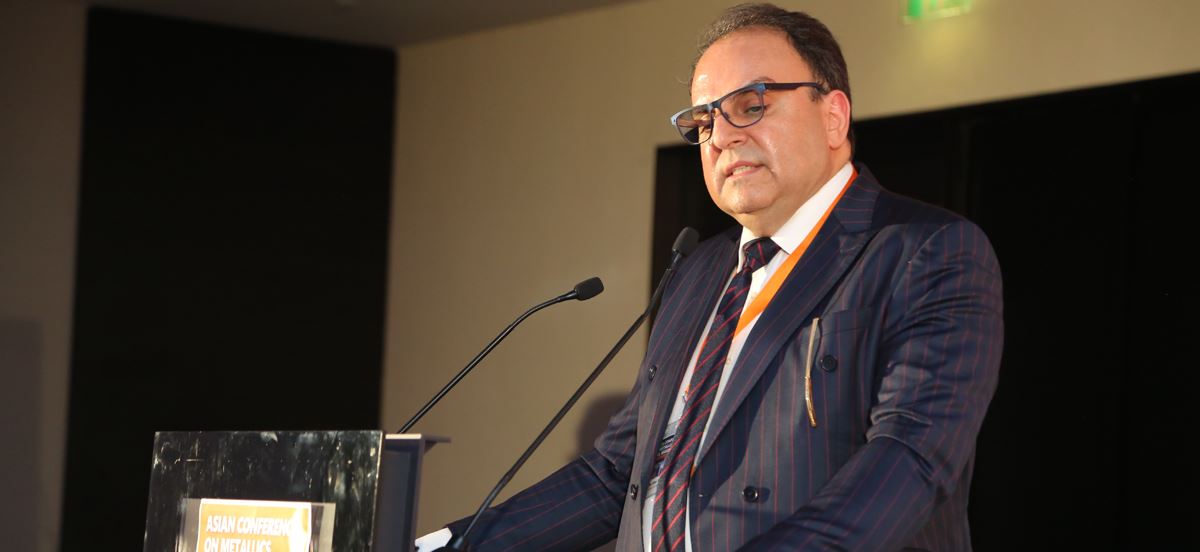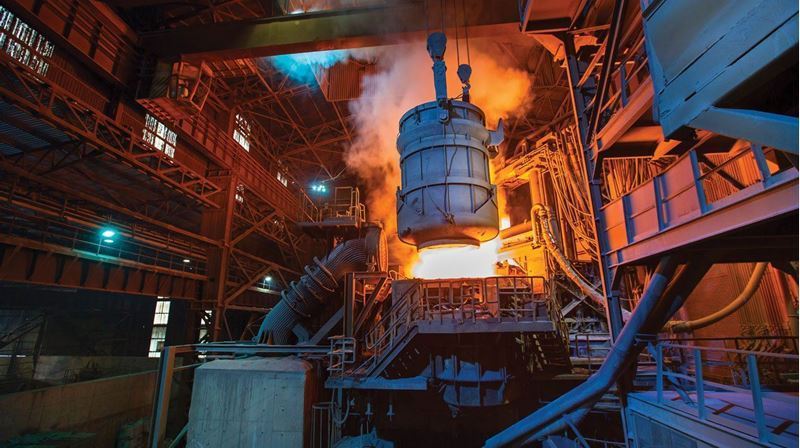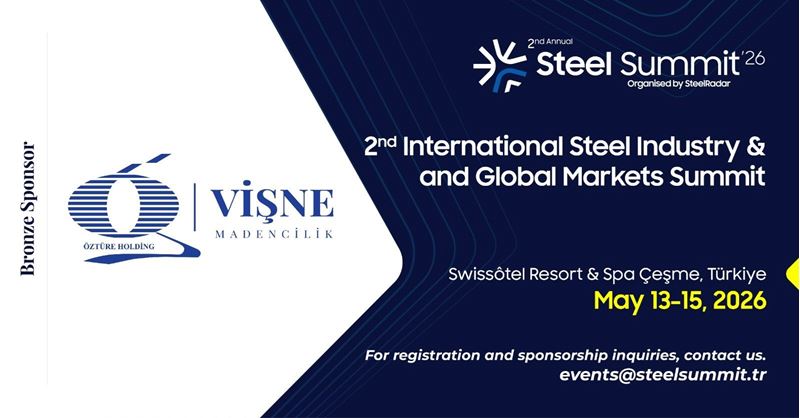Keyvan Jafari Tehrani emphasized the importance of joining the Financial Action Task Force (FATF) for easing international monetary transfers. He pointed out that with FATF membership, Iranians would no longer need to carry large sums of cash in foreign currencies while traveling. This would reduce risks such as theft, which often makes business, leisure, or trade trips unpleasant for Iranian travelers.
“Currently, many countries know that Iranians carry cash because they cannot use international banking cards. This makes them vulnerable during their trips,” he explained.
Bank Account Access for Iranians Abroad
Another major benefit discussed was the ability of Iranians to open bank accounts abroad, even for non-residents. Initially, such accounts would be limited to debit cards, but access to credit cards would become much easier over time. This would significantly enhance online transactions, allowing Iranians to book flights, hotels, or car rentals directly without relying on agencies or third parties, reducing additional costs and logistical issues.
Subscription to Global Scientific and Educational Resources
Keyvan also pointed out that FATF membership would simplify access to scientific, educational, and informational publications. “Students and professors can directly subscribe to international journals, enhancing their academic knowledge. Additionally, they could receive payments for providing consulting or scientific expertise to foreign companies directly into international accounts.”
Addressing Currency Exchange Challenges
He addressed the issue of currency exchange difficulties faced by Iranian travelers, even in friendly nations like Malaysia. “Many countries refuse to exchange money for Iranian passport holders. This forces Iranians to accept lower exchange rates from hotels, taxi drivers, or shopkeepers, leading to financial losses.”
Reducing Restrictions on Iranian Companies
Keyvan shed light on how FATF membership could reduce barriers for Iranian businesses. “Currently, many Iranian companies are registered under trustee names in foreign countries to avoid sanctions, which imposes significant costs. FATF membership would enable companies to operate transparently under Iranian names, facilitating international banking activities like issuing letters of credit.”
He added, “This would also boost the confidence of foreign buyers, leading to an increase in demand for Iranian export products, as banking restrictions abroad would ease.”
Opportunities in International Tenders and Investments
Another key advantage would be the ability of Iranian companies to participate in international tenders under their own name. Foreign companies would also have greater freedom to invest in Iranian auctions and the commodities market. “Issues like paying freight charges to Iranian shipping lines from foreign accounts would also diminish,” he noted.
Keyvan highlighted that FATF membership could halt the recent exit of foreign investors, particularly those from GCC countries. Furthermore, Iran’s global passport ranking, currently at 97th, would improve significantly, enhancing the dignity of Iranian citizens abroad.
Challenges and Final Thoughts
Despite the ongoing sanctions, Keyvan acknowledged that some banking issues for Iran’s exports and imports would persist. However, he noted that joining FATF would alleviate many of these challenges. “It could even enable us to issue certificates of origin for export products through third countries, as we did in the recent past.”
He concluded by emphasizing that FATF membership would bring Iran closer to the international financial system, combat financial crimes, and prevent the country from being blacklisted. These changes would rejuvenate foreign trade, encourage investment, and reduce the costs currently burdening economic players, particularly in sectors like mining.
Eye on the Mining Sector
Iran’s mining industry is particularly hopeful for the adoption of FATF regulations, which could revive international collaborations and financial transactions. This move is seen as a critical step toward improving Iran’s economy and expanding its global financial relations.











Comments
No comment yet.